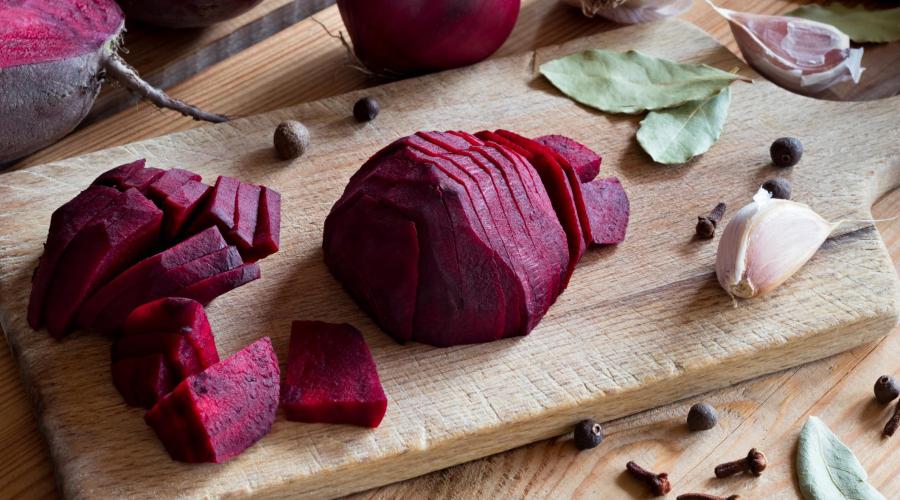
Beets: some people love them, some people hate them, and some people refuse to try them. However, beets are packed with nutrients and deliver many health benefits. Read on to learn why you should incorporate this vibrant root vegetable into your diet, as well as discover some new recipes that can’t be beat!
Lower Your Blood Pressure
Beets are a good source of nitrates, which can help regulate your blood flow and pressure. In a 2014 study, overweight, older individuals who drank beetroot juice as a dietary nitrate experienced a beneficial effect in reducing blood pressure, although the effects were not significant 1. These findings, and those of another study on the nitrates in beets suggest that by lowering blood pressure, this vegetable, along with a vegetable-rich diet may provide benefits to individuals with heart disease 2. To fully experience this benefit, try juicing beets instead of cooking them.
Reduce Inflammation
Chronic inflammation may contribute to health issues such as obesity, liver disease, cancer, and heart disease. 3, 4, 5 Beets are rich in betalain, which, according to early animal studies, may have anti-inflammatory properties. 6, 7 This means that beets may help your body protect vital cells, proteins, and enzymes.
Support Brain Health
As we age, less blood flows to our brains. 8, 9, 10 A 2011 study demonstrated that for older adults, a high-nitrate diet (including beet juice) led to increased blood flow to the brain’s prefrontal cortex, which is responsible for advanced cognitive functions like goal setting, planning, impulse control, working memory, and focusing attention. 11
How To Incorporate Beets Into Your Diet
You can eat beets raw, cooked, or juiced. Like most veggies, the longer they’re cooked (especially in water), the more vitamins, minerals, and other nutrients are leached out, so try roasting or sauteing them instead of boiling. Roasted beets are an easy side dish to accompany just about any meal, and leftovers can be tossed into a salad or eaten on their own the next day. For a more unique twist on this veggie, try out this fudgy vegan beet cupcake recipe. Your heart (and your taste buds) will thank you!
1https://pubmed.ncbi.nlm.nih.gov/25294299/
2https://pubmed.ncbi.nlm.nih.gov/18250365/
3https://pubmed.ncbi.nlm.nih.gov/20706689/
4https://pubmed.ncbi.nlm.nih.gov/19381780/
5https://pubmed.ncbi.nlm.nih.gov/11506482/
6https://www.ncbi.nlm.nih.gov/pmc/articles/PMC4221885/
7https://pubmed.ncbi.nlm.nih.gov/25662031/
8https://pubmed.ncbi.nlm.nih.gov/24455404/
9https://pubmed.ncbi.nlm.nih.gov/16014443/












